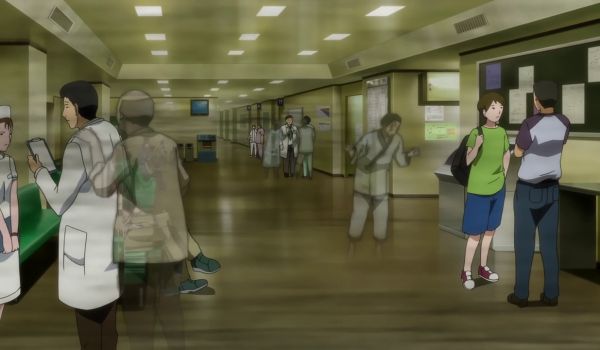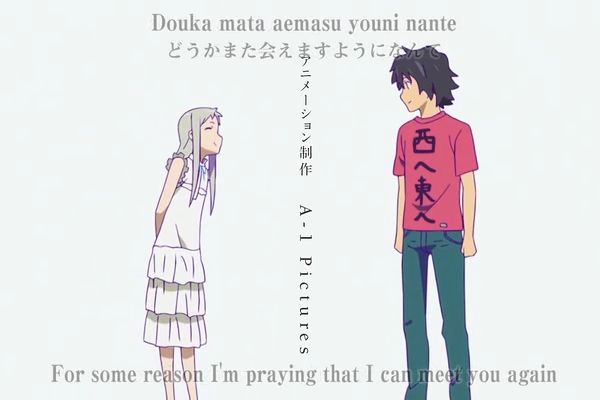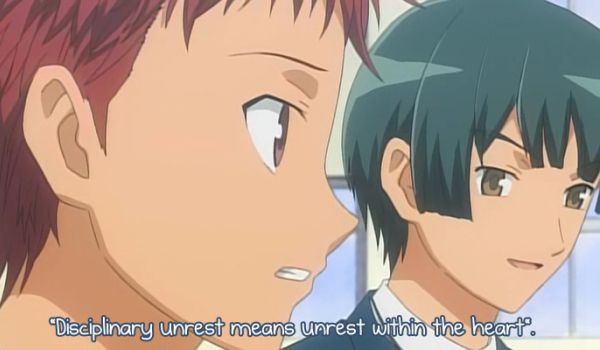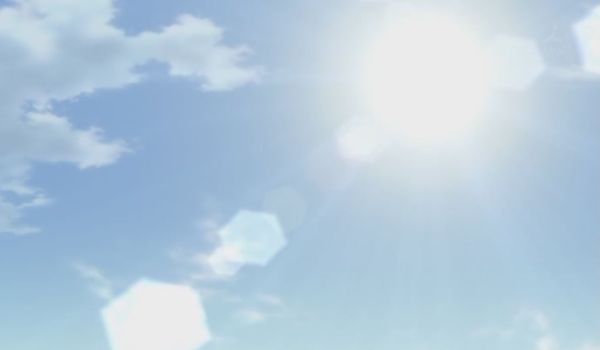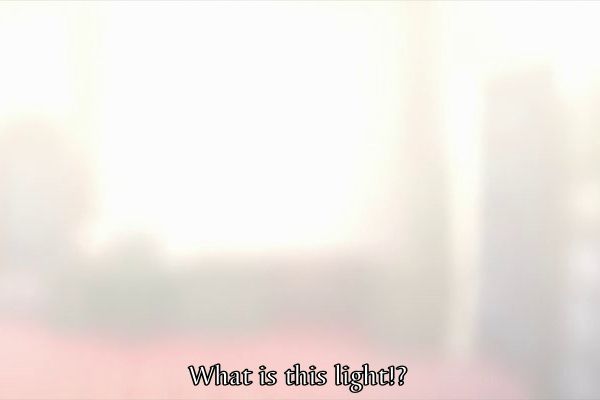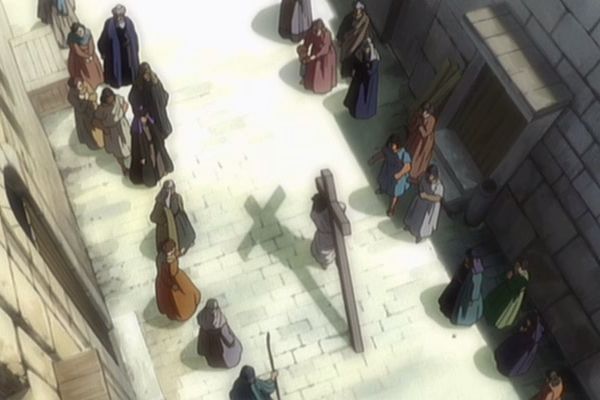In the movie The Rebirth of Buddha, hospitals are plagued by the ghosts of people who died there and refused to accept their fate.
Today, after eating a small piece of chocolate, my throat began to get irritated. I had to constantly cough and swallow just to keep breathing, or so it felt. I tried to wash it away with water and then eat something, but it just didn’t go away. I started to get really worried. At this point, other symptoms had already joined in: I was getting weak, my heart was beating fast, I was shaking and my face was flushed, my eyes were dry, I was queasy and my bowels were upset, I even developed a headache. It was like my body was breaking down all over, all of a sudden. I started to think: No! I don’t want to die! And then I remembered something.
The place I was when the symptoms began used to be a hospital, many years ago.
In the movie The Rebirth of Buddha, there is a memorable scene at the hospital, where Sayako (the main character, well, except for the Buddha) can see the ghosts of patients who walk around, bothering doctors and nurses and fellow patients in their attempt to get painkillers and other forms of comfort. They all don’t want to die, and being materialists in life could not accept the fact that they were dead. So even now they are haunting the hospital, thinking that they are patients there and it’s all about them.
Could it be? That some long dead patient had returned to its hospital and found some kind of resonance with me? Stray spirits are attracted to people who resonate at the same wavelength, so to speak: People with the same habits, viewpoints, attitudes, feelings and interests. Well, that’s what Happy Science says. That doesn’t sound very happy, but the happiness is that you can save yourself and sometimes even the stray spirits by reflecting on yourself and seek to live a life of selfless love. When the stray spirits notice this, they will either flee from the growing Light in you, or begin to reflect on themselves as well and be saved.
Christianity generally seems to assume that possessive spirits are all demons, not ghosts. This corresponds to the notion that the dead are sleeping, unaware of what goes on under the sun, as the Bible says. Of course, just because they are sleeping does not mean their dreams may not resonate with ours… if only in the form of a morphic field. Be that as it may, the New Testament certainly implies that not only mental illnesses but sometimes also physical may be created or made worse by the influence of spirits.
This may sound like pure superstition unless you consider that the mental equivalent to these stray spirits are complexes, or mind parasites: Essentially tiny split-off parts of the same stuff that personalities are made of. In some cases, people literally have multiple personalities, usually one more dominant than the rest but not always. In “healthy” people the other personalities never grow to more than a rudimentary level, but they can still mess up things pretty badly. This “complex” theory is a pretty respectable branch of psychology, first championed by C.G. Jung.
Consider the placebo effect, in which supposedly ineffective pills or injections cause substantial health benefits. And equally nocebo, where harmless treatments cause illness and in some cases death when people believe in them. A wrong diagnosis can sometimes become self-fulfilling, and the patient dies before the error is found and corrected. Likewise, someone may recover from a serious illness due to misdiagnosis, although this may be less common.
Even though I did not think about it at the time, I was aware that I was in an old hospital building. Judging from the symptoms, it seems likely that I have contracted the illness my coworker had last week (he has now returned). He is still not able to speak normally due to his vocal cords being  affected, and had various other symptoms including fever. So it could simply be that I have the same virus.
But in either case, body and soul are tightly integrated. In this life, they cannot be separated. In the next life, they probably can. But I am in no hurry to find out. Still, if I die before I wake, I pray the Lord my soul to take: It certainly beats it wandering around bothering the living!
Actually, I should probably not bother the living even while I live. But at least reading my journal is voluntary!
***
(Incidentally, my throat is still irritated, but the other symptoms are gone for now.)

